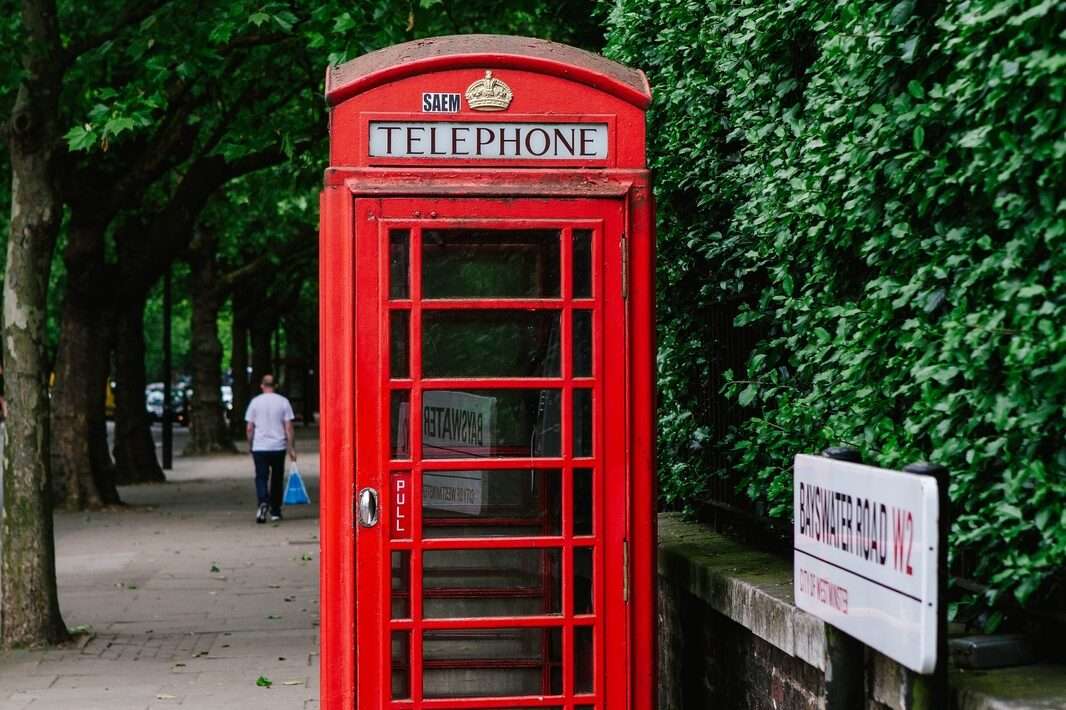The Renaissance and Its Ideals
The Renaissance, a period of intellectual revival in Europe, brought forth a profound transformation in the realms of art, culture, and thought. Central to this movement was the philosophy of humanism, which emphasized the potential of human intellect and creativity. As the Renaissance swept through England during the Elizabethan era (1558-1603), the principles of humanism significantly shaped the literary landscape of the time.
Humanism’s Impact on Education
Renaissance humanism prioritized education and the study of classical texts. The rediscovery of ancient Greek and Roman works inspired a renewed focus on language, literature, and history. This revival of classical learning played a pivotal role in shaping the minds of Elizabethan writers, equipping them with a diverse range of literary and philosophical influences.
The Fusion of Classical and Vernacular
Influenced by the humanist movement, Elizabethan writers harmoniously blended classical and vernacular elements in their literary creations. Works of literature often featured references to classical mythology, philosophy, and history, allowing authors to infuse their writing with layers of meaning and depth. This fusion of influences created a unique tapestry of thought and creativity.
Shakespeare and Humanist Themes
William Shakespeare, a towering figure of the Elizabethan era, skillfully wove humanist themes into his plays and poetry. His exploration of the complexities of human nature, morality, and the pursuit of knowledge reflected the humanist belief in the potential for individual growth and enlightenment. Characters like Hamlet and Macbeth grappled with existential questions reminiscent of humanist inquiries.
Marlowe and Intellectual Curiosity
Christopher Marlowe, another prominent playwright of the era, displayed a keen interest in humanist ideas. His works, such as „Doctor Faustus,“ delved into themes of knowledge, ambition, and the consequences of unchecked curiosity. Marlowe’s characters often embodied the tension between intellectual pursuits and ethical boundaries—a hallmark of humanist thought.
The Influence on Drama and Poetry
Renaissance humanism breathed new life into various literary forms. The drama, which flourished in the form of Elizabethan theater, showcased intricate plots, multidimensional characters, and exploration of human psychology. Poetry, too, benefited from humanism’s emphasis on individual expression and emotional depth, as poets used their verses to convey profound personal experiences.
Legacy and Continuing Reverberations
The influence of Renaissance humanism on Elizabethan literary creation extended far beyond the era itself. The emphasis on individualism, intellectual exploration, and the power of language laid the foundation for modern literature. The legacy of humanism’s impact on literary creation can be traced through the centuries, as writers continue to draw inspiration from the fusion of classical wisdom and contemporary sensibilities.
Conclusion
The convergence of Renaissance humanism and the Elizabethan literary scene gave rise to a remarkable era of creativity and intellectual exploration. Writers like Shakespeare and Marlowe infused their works with humanist ideals, creating enduring pieces that continue to resonate with audiences today. The interplay between classical wisdom and innovative thought remains a testament to the lasting influence of Renaissance humanism on the tapestry of literature.

